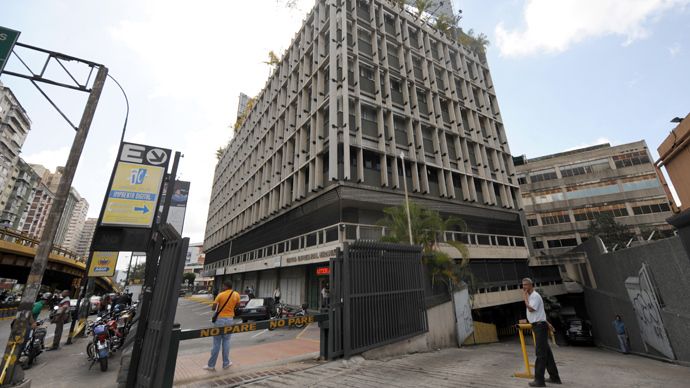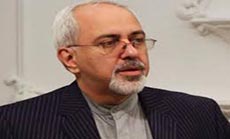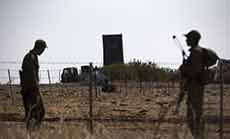Eye on the Enemy: ’’Israeli’’ estimate: Hizbullah has new missiles

Syria has one of the most extensive chemical weapon arsenals in the world, reportedly including sarin, VX and mustard gas.
Yaakov Katz - The Jerusalem Post
The "Israeli" army has changed its operational assessment regarding the threat from Lebanon and is currently working under the assumption that Hizbullah has obtained sophisticated long-range surface-to-air missile systems from Syria, The Jerusalem Post has learned.
According to western intelligence sources, it is believed that Hizbullah has taken advantage of the current uprising in Syria to obtain advanced missile systems, such as additional long-range missiles, in addition to Russian air-defense systems.
While Hizbullah is known to possess a large quantity of shoulder- launched anti-aircraft missiles, the "Israeli" army at present presumes that the Islamist Lebanese group has received SA-8, a truck-mounted Russian tactical surface- to-air missile system reported to have a range of 30 kilometers.
In addition to the possible transfer of air-defense systems, Hizbullah is believed to have dozens of M-600 rockets, in addition to 302 mm. Khaibar-1 rockets, which have a range of about 100 kilometers.
It is also believed that Hizbullah has a significant arsenal of M600 missiles which are made in Syria as a clone of the Iranian missile Fateh 100. The M600 has a range of 300 km, as it can carry a half-ton warhead and is of great accuracy.
Recently, Syria has deployed some of its most advanced air-defense systems it has received from Russia last year, including SA-17 missiles, a more advanced missile than SA-8, with longer ranges are more accuracy.
A number of batteries are believed to have recently been declared operational in Syria, which has spent close to $2 billion on air-defense systems in recent years.
As reported two weeks ago in the JPost, "Israel" is particularly concerned with the
possibility that Syria's arsenal of chemical weapons will fall into terrorist hands, amid predictions that President Bashar Assad's regime will fall in the coming months. This has not yet happened, though, and Syrian chemical warfare facilities are understood to still be under the control of Assad's regime.
ــــــــــــــــــــــــــــــــــ
Egyptian borders, Disturbing Borders
Ma'ariv - Hanan Greenberg
The quietest border of "Israel" for ten decades, the Egyptian border, has become last year a red line. Ma'ariv interviewed the army field commanders.
The battalion commander, Lt. Col. Yariv Ben-Ezra explains "This is an ongoing brains' game, the other side always try to find ways to surprise us, and we try to ruin his plans. When three children approach the fence, you never know what it is, they might want to pull us in, or someone sent them to test our alertness in order to plan their next attack. "
The quietest border of "Israel" for ten decades, the Egyptian border, has become last year into a red line. Sinai Peninsula is a no man's land, it's Gaza's backyard. The crumbling regime in Egypt has abandoned this piece of desert in favor of terrorist gangs. Thousands of infiltrators, Bedouins, drugs and arms traffickers, and terrorists pass through the breached and long border.
Recently the establishment of the security fence, almost 250 miles was finished, which should act as a barrier. Lt. Col. Shetreet, who was with his brigade near Ketziot "Israeli"-Egyptian border, has a clear understanding that the attack that took place here during the summer is a harbinger of what this border may produce more. "The assumption is that the next time will be something different, more complex,"
Commanders at the Egyptian border acknowledge that the engagement with endless stream of infiltrators is exhausting on physical and mental level. "This routine is difficult, sometimes we even see children and infants," one of them said. "The responsibility placed on the shoulders of the commanders is to make sure that the soldiers do not feel complacent, even though they had seen a thousand innocent infiltrators, yet let them know that one of the infiltrators could be a terrorist with an explosive belt."
As it is clear for the Lieutenant Colonel Yogev Yifrah, commander of Battalion 931 in the northern Gaza Strip, which a mistake can lead to a severe outcome, including the kidnapping of a soldier. "Creativity is an important component of our activities, we should not get used to the routine for someone will exploit this situation, and then the other side will make lots of mistakes."
Source: Hebrew Newspapers, Translated by moqawama.org team




